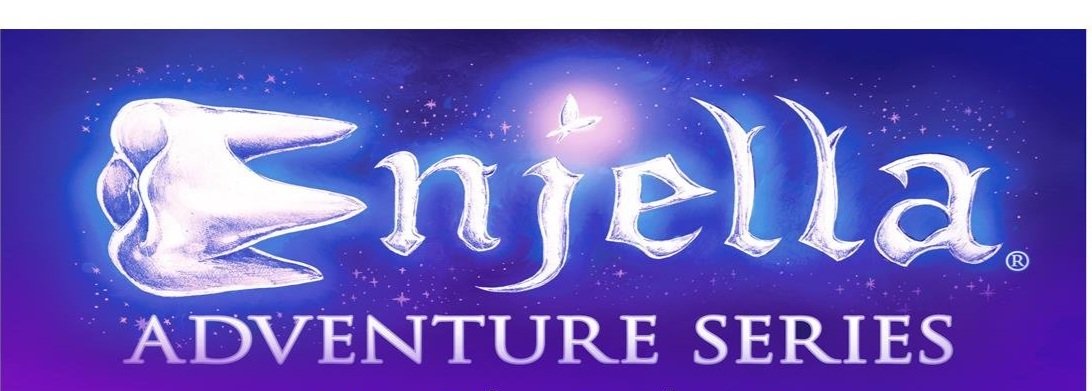Good Writing Doesn’t Just Flow Off The Keyboard
Teachers always ask me to talk to their students about the writing process when I show up for a classroom visit. Students think good writers are just born that way; that Shakespeare penned all his works in one brilliant flash of creation.Every person has stories to tell. We probably all could write a book. But how do you convert these ideas into something people want to read? While I don’t pretend to know all the answers, nor do I pretend to be a great writer (but I am trying – and did you notice all lawyers start out with disclaimers?) I have a few good observations about the writing process.I have a ton of great ideas. It turns out I always wanted to write. I haven’t written much before, I have been busy living. But now I have something to say. In fact, I have a lot to say. I know a little bit about a lot of things. But it is my skill as a fabricator that seems to want to take the lead here.I like to observe people, trying to figure out what makes them tick. Another favorite hobby is finding interesting historical facts and visiting historical places. Combining the two, I love listening to peoples’ stories and histories. I realize that in law school, it was the desire to find out what happened to the people involved in the lawsuit that powered my interest in learning and remembering case law.So now I am taking my love of telling a tall tale (why does everyone I love think I exaggerate?) and trying to put it to good use.That is not exactly what I tell the children! But close – I tell them to spin a tale! I write away and love it.Then I get to the part that usually stymies me and all of the students I am sure. Far from being finished, I have just begun. I go back and edit. It is just like Daphne Gray-Grant wrote in her post we highlighted on IndexCardCure on February 5th,-start anywhere and don’t be embarrassed;get the idea down on paper. But then begin honing it. I add details; I make things consistent. I edit again as I read it aloud to see how it flows. Then I do more research, or think about it or let someone read it, with the caveat that it is only a rough draft. The time just flies because I love to find just the right word, add layers of innuendo, work on filling in the details of the story’s background. Then I edit it again.After another read, I work on serious editing.After a few more edits, if it is a children’s book, I begin a dialogue with the illustrator about my vision of it. And then I edit it again as we decide what to illustrate. I edit again when I talk to the publisher. This is hardly a novel approach, didn’t Mark Twain say something like, “Sorry this letter is so long, I was in a hurry?” the point being, I want to take the time to make the work succinct – I don’t want to waste your time as a reader.Currently, I am writing an historical romance. I actually literally have been working on it for years, yet I still am not sure the order I want the final format to follow. Further, I am still endeavoring to have the characters consistently speak in their regional dialects throughout the dialogue and I am still working on adding historical details and romantic flourishes. Every time I approach the work I look for something different. Yesterday it was WAR ON ADVERBS. Yes, I love them and tend to overuse them.There are companies devoted to editing and resources for help. I subscribe to a great editor’s aide for legal writing,WRITE TO THE POINT by WordRake. And once you train your eye, you quickly observe when something you read has not been adequately edited.Obviously, I think the key to being a good storyteller is to try to spin an idea into a compelling story, capturing it in any embodiment that it first materializes. And then the real writing begins – editing it so that every carefully chosen word captivates the reader and advances the story. When I figure out how to perfect this, you will be the first to know! . . . In the meantime I have to get back to my editing.© Jane F. Collen February 20, 2015

